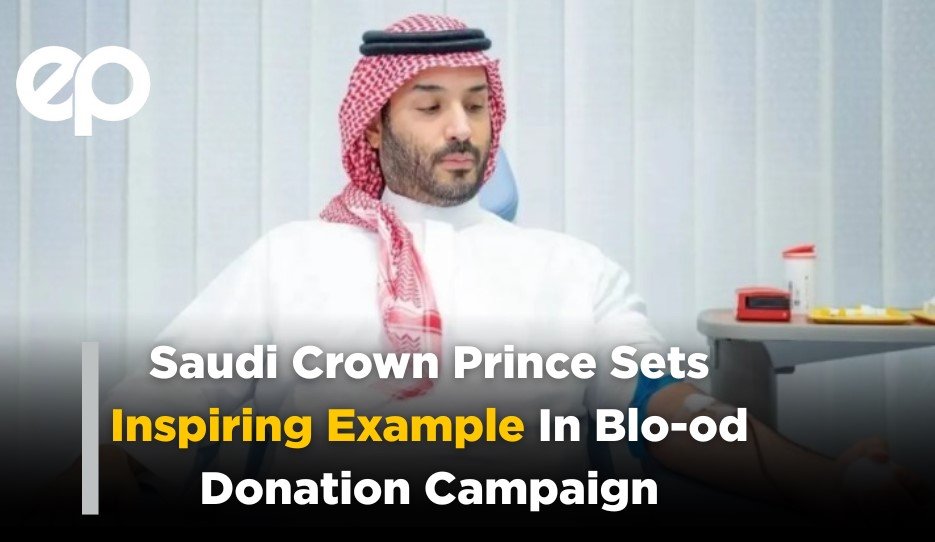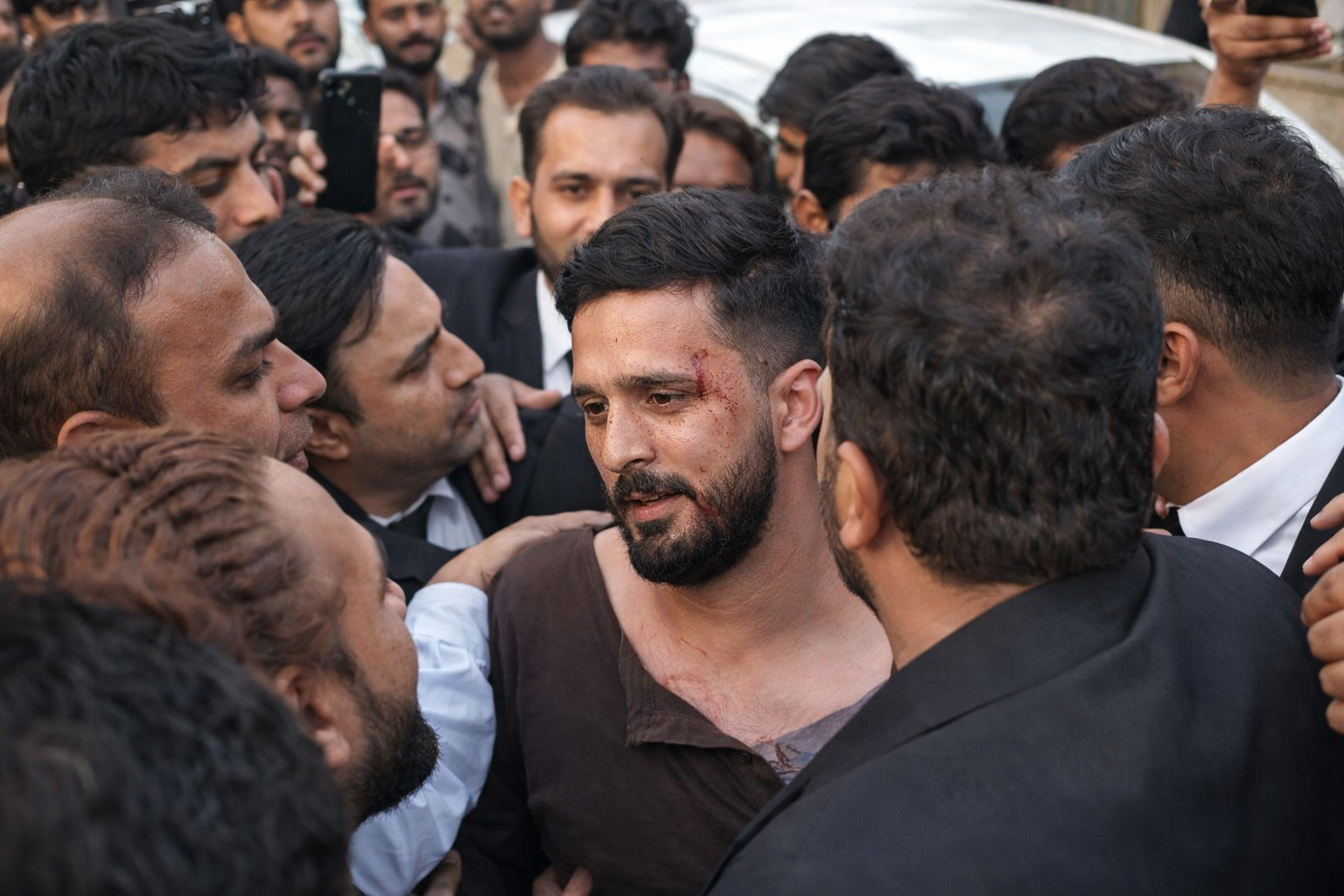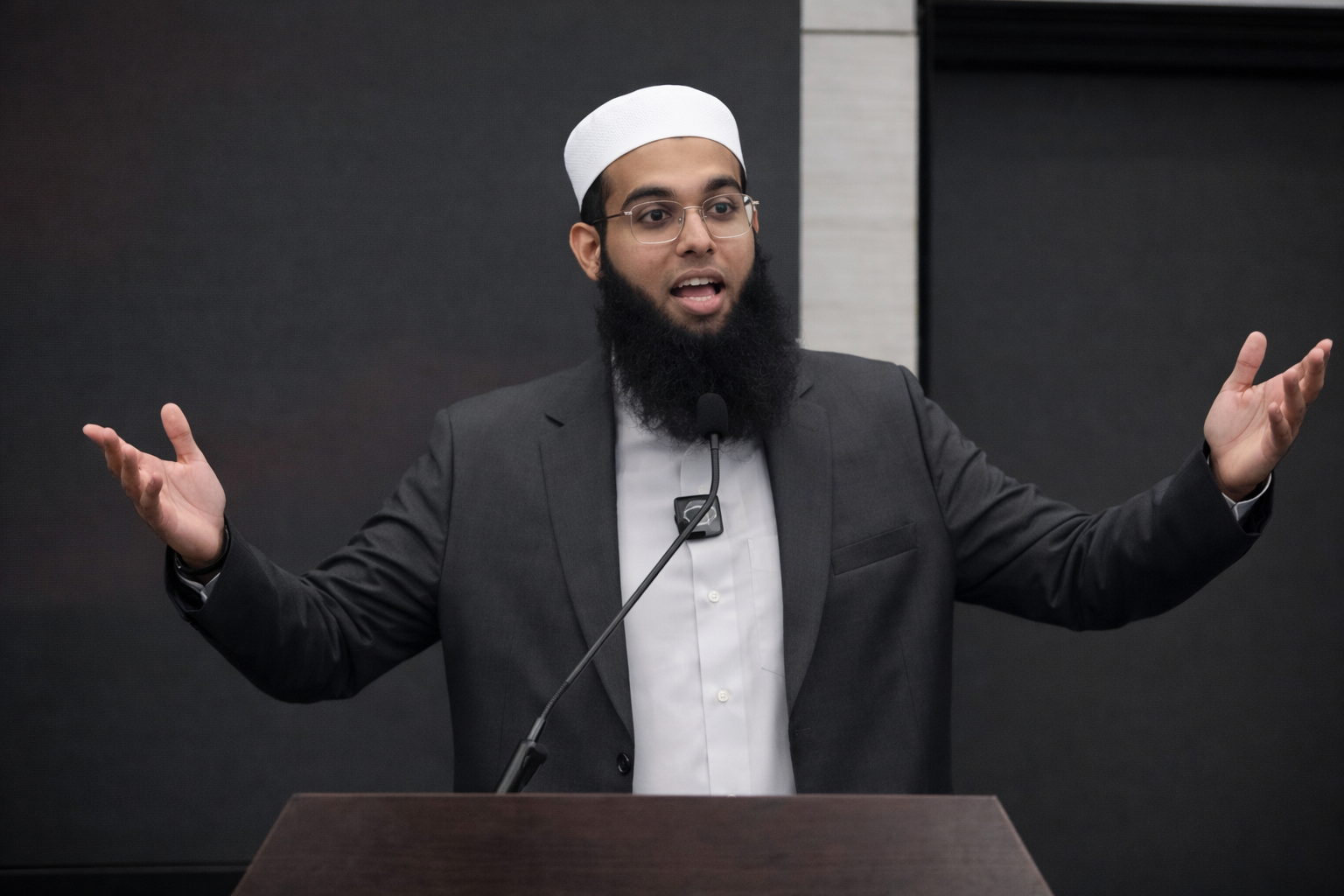On August 22, 2025, Saudi Arabia’s Crown Prince and Prime Minister, His Royal Highness Prince Mohammed bin Salman bin Abdulaziz Al Saud, made headlines by rolling up his sleeve and donating blood to launch the Saudi Crown Prince launches national blood donation campaign. This inspiring act, covered by the Saudi Press Agency (SPA), Arab News, and Saudi Gazette, sent a clear message: every drop counts in building a healthier, stronger nation. The campaign is a key part of Saudi Vision 2030’s mission to create a vibrant society with top-notch healthcare, aiming for 100% voluntary blood donations to ensure a safe and steady supply for hospitals nationwide. Here’s why this initiative matters, how it ties into Saudi Arabia’s bigger goals, and what it means for the Kingdom’s future.
Why This Campaign Matters
The national blood donation campaign is more than just a health drive—it’s a call for Saudis to come together for a greater cause. Blood donations are a lifeline for patients battling anemia, cancer, blood disorders, or undergoing emergency surgeries. They’re also critical for preparing for unexpected crises. The Saudi Ministry of Health says one donation can provide blood, plasma, or platelets, potentially saving multiple lives. In 2024 alone, over 800,000 Saudis donated blood, showing growing awareness but also highlighting the need for more people to step up as demand rises.
The Crown Prince’s decision to donate blood himself in NEOM was a game-changer. It wasn’t just a symbolic gesture—it was a powerful call to action. Social media platforms like X buzzed with praise, with users like @999saudsalman and @yabdulas calling it a shining example of leadership and compassion. This move builds on the Crown Prince’s history of leading by example, like getting his COVID-19 vaccine publicly or joining the national organ donation program, inspiring millions to follow suit.
A Key Piece of Saudi Vision 2030
This campaign is a cornerstone of Saudi Vision 2030, the Kingdom’s bold plan to diversify its economy, reform society, and improve quality of life. A major goal is to make Saudi Arabia self-sufficient in blood supplies by achieving 100% voluntary donations. In the past, the Kingdom relied on imported blood or paid donors, but things have changed. A 2011 study showed 71% of donations came from volunteers, and this campaign wants to push that to 100%, in line with global health standards set by the World Health Assembly in 1975.
Technology is playing a big role too. The Wateen app, part of the Ministry of Health’s Sehhaty platform, makes donating easier by connecting people with nearby blood banks, tracking schedules, and streamlining operations. Launched in 2019, Wateen is a game-changer, helping Saudis donate with just a few taps on their phones while ensuring blood banks run smoothly.
Leading by Example
The Crown Prince’s blood donation in NEOM wasn’t just a photo-op—it was a rallying cry for every Saudi to get involved. Shared widely by SPA and celebrated on X by users like @Kha_D70 and @Saja_hawal, his act showed that leadership starts with action. It’s not the first time Saudi leaders have led the charge—King Salman and the Crown Prince have previously championed organ donation and vaccinations, sparking widespread participation.
Young Saudis, especially those aged 20–30, are key to this campaign’s success. A 2011 study at King Khalid University Hospital and King Saud University found that young people are eager to donate and want to end reliance on imported blood. The Crown Prince’s involvement is likely to fire up this group even more. Partnerships with groups like the Saudi Investment Bank and expatriate communities, such as Tamil Nadu Thowheed Jamath (TNTJ), are also boosting participation, showing that this is a cause that unites everyone in the Kingdom. As the Quran says, “Whoever saves a life will be as if he has saved entire mankind” (Chapter 5, Verse 32).X
Hurdles to Overcome
Despite its momentum, the campaign faces some challenges. Women make up just 10% of donors, largely due to health issues like low hemoglobin levels, according to a 2011 study. Targeted campaigns and health support could help close this gap. Another issue is the short shelf life of blood—red blood cells last 35 days, platelets just seven, and plasma up to three years. The COVID-19 pandemic showed how disruptions like lockdowns can strain supplies, so keeping stocks steady is critical, especially for rare blood types. READ NEXT https://elevenpakistan.com/pakistan-bangladesh-approve-visa-free-entry/
Accessibility is another hurdle. While cities like Riyadh and Jeddah have robust blood banks, rural areas often lack infrastructure. Mobile donation units, like those run by Johns Hopkins Aramco Healthcare, are helping, but more needs to be done to reach every corner of the Kingdom.
What’s Next for the Campaign
This campaign is a golden opportunity to strengthen Saudi Arabia’s healthcare and community spirit. Hitting the 100% voluntary donation goal will ensure a safe, sustainable blood supply and reduce risks tied to paid or imported blood. The Wateen app and other innovations position Saudi Arabia as a leader in smart healthcare solutions, potentially inspiring other countries.
The campaign also ties into other humanitarian efforts, like the SR150 million Jood Regions housing campaign and Gaza aid through KSrelief, showcasing Saudi Arabia’s growing role as a global humanitarian force. Moving forward, the campaign could target students and business travelers with easier donation processes or public recognition to keep the momentum going. Schools and universities could also play a role in teaching young Saudis the value of giving.
A Step Toward a Healthier Future
Crown Prince Mohammed bin Salman’s blood donation on August 22, 2025, has sparked a movement. By leading by example, he’s shown that every Saudi can make a difference. This campaign isn’t just about meeting healthcare needs—it’s about building a culture of compassion and unity. With technology like Wateen, partnerships across communities, and a focus on overcoming challenges, Saudi Arabia is on track to achieve its Vision 2030 goal of a fully voluntary blood donation system. As the Kingdom works toward a healthier, more connected society, this initiative proves that small acts of giving can have a big impact.
READ MORE




Leaders should learn from him